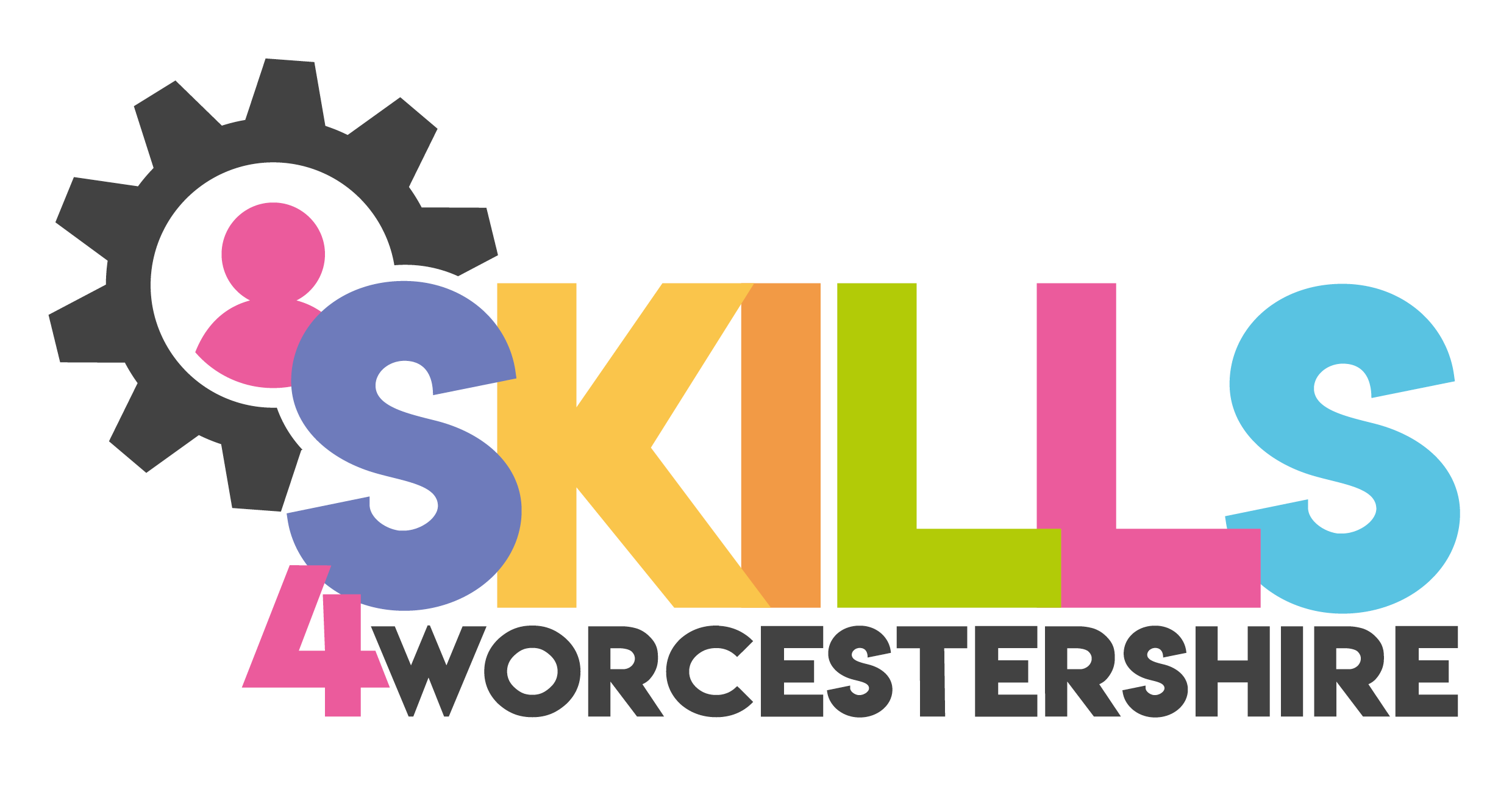
Digital, Cyber and IT - Indexer
Digital, Cyber and IT - Indexer
Red
Indexers build up lists of searchable terms for things like books, magazines, reports, websites and photographic collections.
- Study documents to get an overall idea of what they cover
- Identify important words and phrases in the text, record where they occur and put them in alphabetical order
- Identify the main topics and break them down into sections
- Cross-reference related topics
- Organise the index so that information is easy to find
- Index photographs, diagrams and other illustrations
- Use specialist computer software for sorting, formatting and printing
As an Indexer, you could work from home or in an office.
Indexers tend to work between 38 to 40 hours a week. You could work self-employed and then your hours and salary would vary, depending on the customer's need.
Variable
You can get into this job through a college course, an apprenticeship, applying directly or specialist training with a professional body.
You could do a T Level in Management and Administration which may give you some of the skills and knowledge needed for assistant or trainee indexer roles. You'll usually need 4 or 5 GCSEs at grades 9 to 4 (A* to C), or equivalent, including English and Maths for a T level.
You may be able to start by doing a library, information and archive services advanced apprenticeship.
You'll usually need 5 GCSEs at grades 9 to 4 (A* to C), or equivalent, including English and Maths, for an advanced apprenticeship. If you have an EHCP you may be able to apply under the DfE exemption which allows the apprentice to use Entry level 3 English and Maths qualifications. The apprentice would have to successfully achieve all other aspects of the apprenticeship requirements, become occupationally competent and achieve Entry Level 3 in English and Maths before the end of their apprenticeship.
You can apply directly for jobs. Many indexers have a higher education qualification like a degree, although this is not essential. Often, indexers start this work as a second career, using the experience and in-depth knowledge they've built up from their main area of work.
